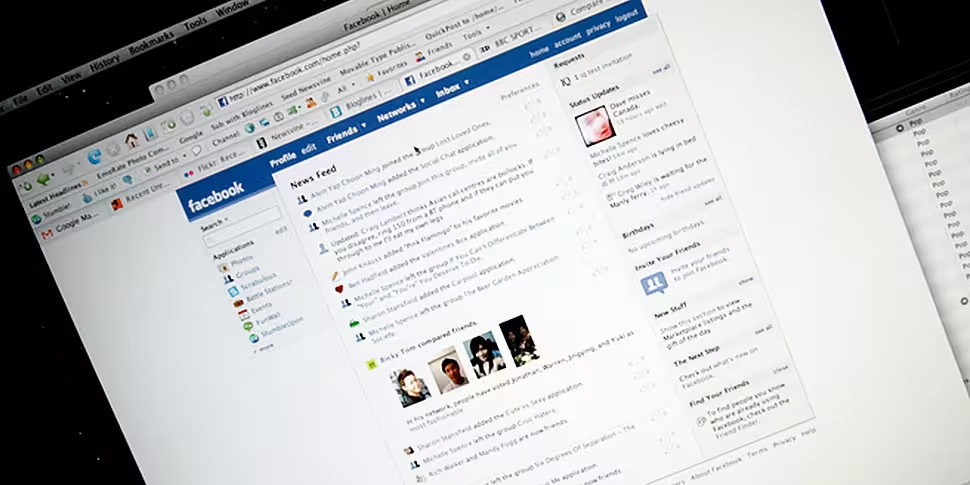Facebook has angered online safety campaigners by allowing videos showing people being decapitated to be posted and shared on its site once again.
The social networking site had introduced a temporary ban in May following complaints that the clips could cause long-term psychological damage.
The website site says such content is allowed as long as users condemn the acts, rather than glorify them.
"People share videos of these events on Facebook to condemn them. If they were being celebrated, or the actions in them encouraged, our approach would be different", the company said.
In its terms and conditions it says "Photos and videos containing nudity, drug use or other graphic content are not allowed on Facebook. We also don't allow photos or videos that glorify violence or attack an individual or group".
It also says that "Anyone can report inappropriate, offensive or dangerous content through 'report' links found on almost every page of Facebook", and that "Enhanced 'Social Reporting' gives people the option to report content, send a copy of the content to a trusted friend, or block the person who posted it".
The website has 1.15 billion monthly active users as of June 2013, and has its European headquarters in Dublin.
Stephen Balkam is from the Family Online Safety Institute which is on the safety advisory board of Facebook. He is worried what message the u-turn sends out.









